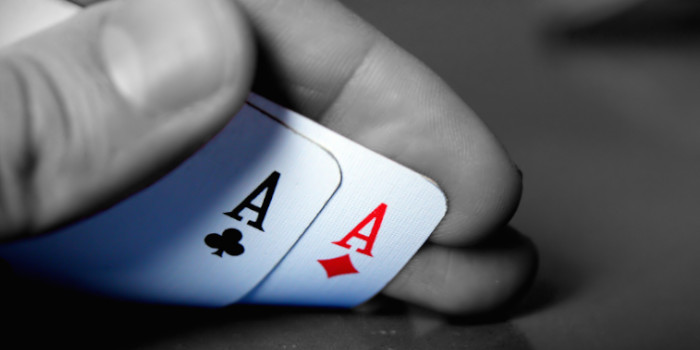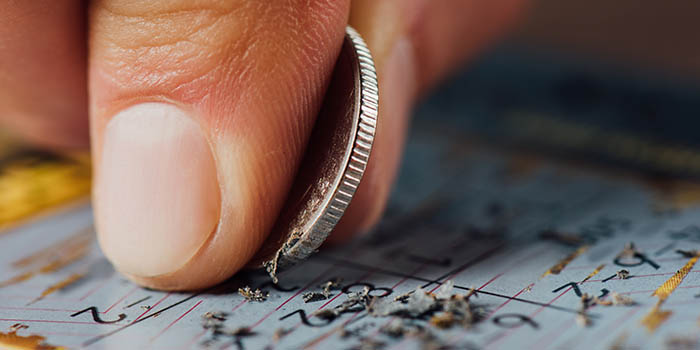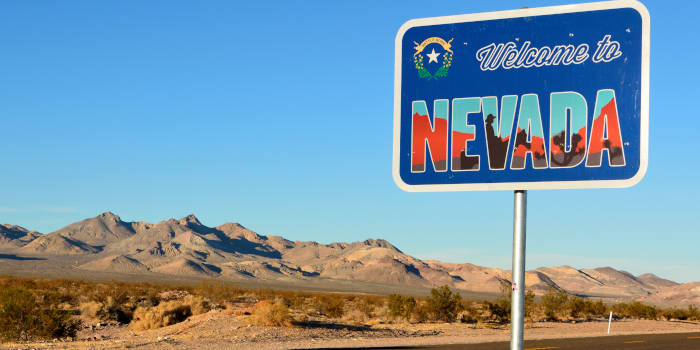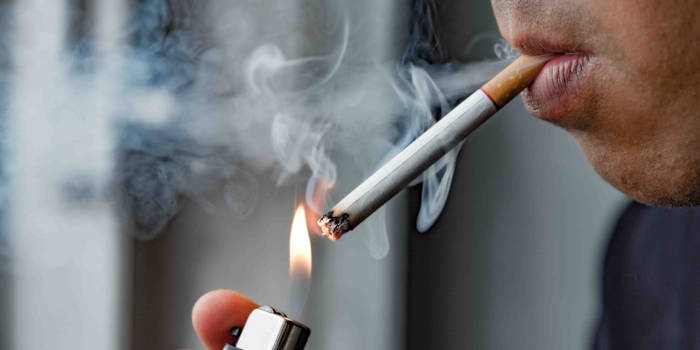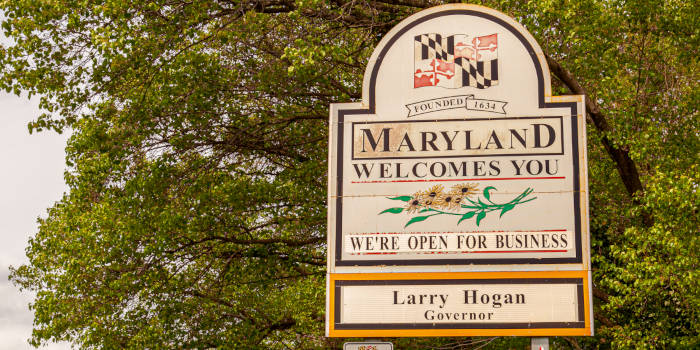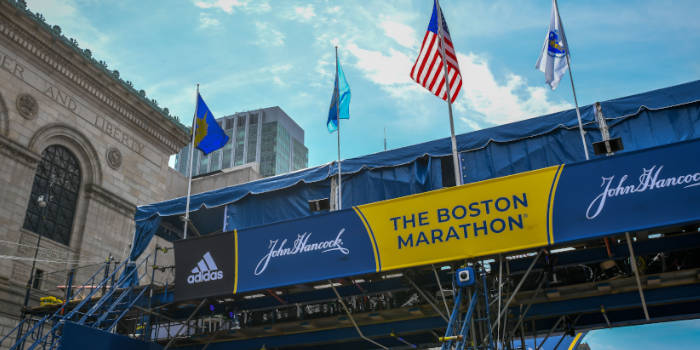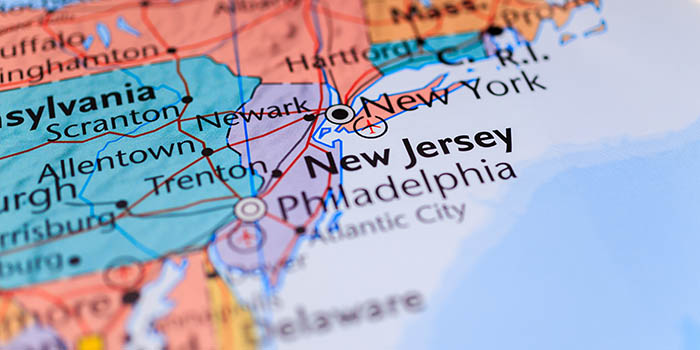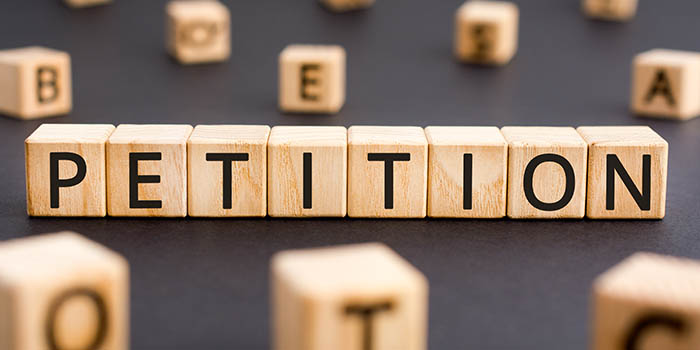Kansas Sports Gambling Supporters Trying to Beat Legislative Deadline

In not atypical fashion among legislative chambers, the Kansas House and Senate are at odds over how the state’s sports gambling market should be structured. This partisan infighting has caused a delay in advancing a sports gambling bill that made it through the Senate in February, but which is now stalled in the House. If a compromise can’t be found by May, when the Kansas legislative session ends, the state will continue to lose much-needed revenue for at least another year.
Kansas Senate and House at Odds over Sports Gambling
The Kansas Senate proposed allowing only the state’s four casinos, all of which are owned by the state, to offer physical and virtual sportsbooks. However, some House lawmakers want a more “free-market” approach that would see sportsbooks come to the state’s casinos, mobile apps tied to those casinos, retail locations that sell Kansas Lottery tickets, racetracks, and others. Upwards of 1,210 locations would be eligible to launch some type of sports gambling operation, greatly enhancing the state’s options. Even within the House, there appears to be a certain amount of disparity of how sports gambling should operate in the state.
Riding along with the bill is an effort to ban greyhound racing, a sensitive topic that has begun to raise concerns across the US. Because there is still a large gap in how Kansas should structure its market, House lawmakers just put the brakes on the bill last week, voting it down by a vote of 77-40. With 25 states now having introduced sports gambling legislation, following the lead of the more successful states would help Kansas find faster approval.
Time Is Running Out
There is still a lot of work to be done, and other issues are preventing the state from advancing its sports gambling legislation. There is debate over revenue sharing related to slot machines at racetracks, which has also pitted lawmakers against each other in both chambers. The slot machines are operated by the Kansas Lottery, with the tracks receiving a portion of the proceeds. However, the track owners argue that the state is taking too much of the proceeds, making it impossible to earn a profit off the machines. An attempt to lower the percentage given to the state resulted in another round of infighting between politicians, stalling the sports gambling efforts as they tried to reach a compromise.
At the core of the debate resides the amount of taxes that should come from sports gambling. The House wants 14% from retail sportsbooks and 20% from virtual operations, while the Senate wants 5.5% from the former and 8% from the latter. Kansas lawmakers will go on recess next month, which doesn’t leave a whole lot of time before some type of reconciliation can be found. If no progress is made before then, it’s almost certain that it will be 2022 before sports gambling makes it to Kansas. In the meantime, the state will continue to lose millions of dollars in tax revenue.
Erik brings his unique writing talents and storytelling flare to cover a wide range of gambling topics. He has written for a number of industry-related publications over the years, providing insight into the constantly evolving world of gaming. A huge sports fan, he especially enjoys football and anything related to sports gambling. Erik is particularly interested in seeing how sports gambling and online gaming are transforming the larger gaming ecosystem.

